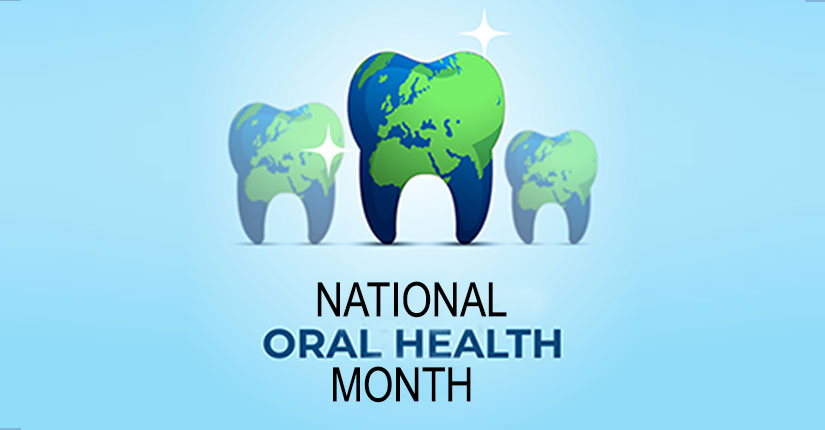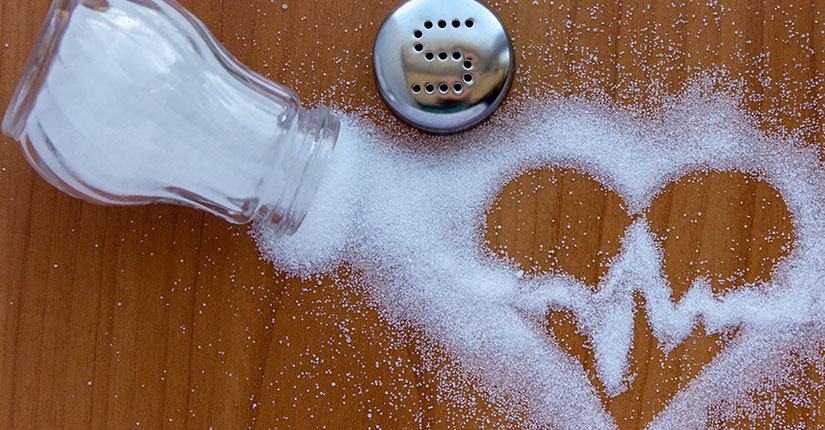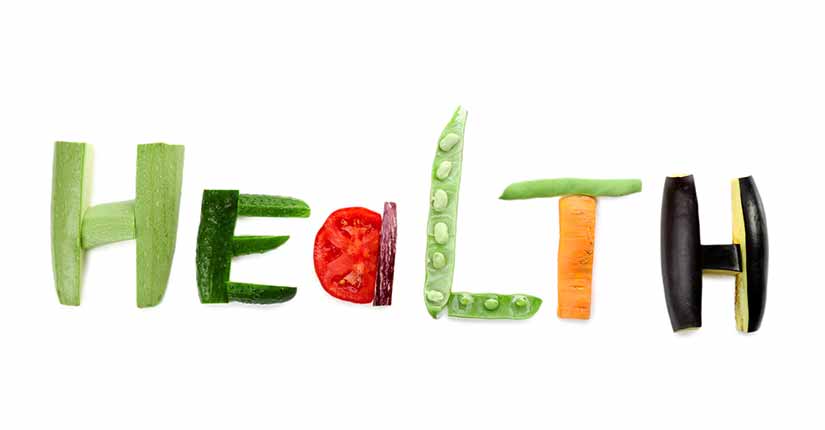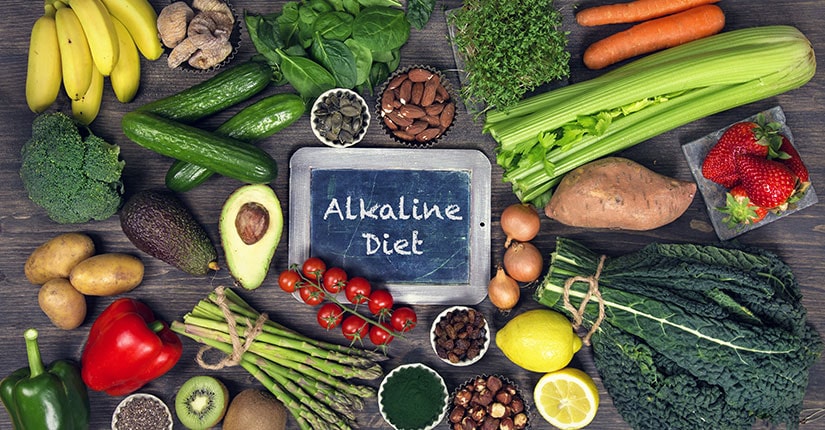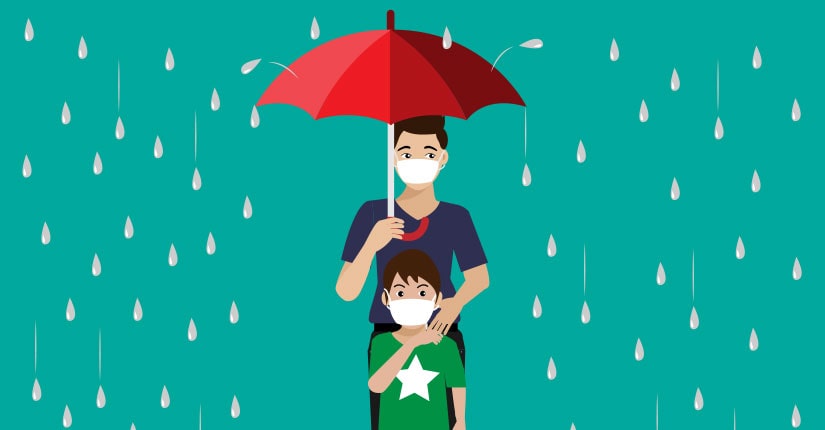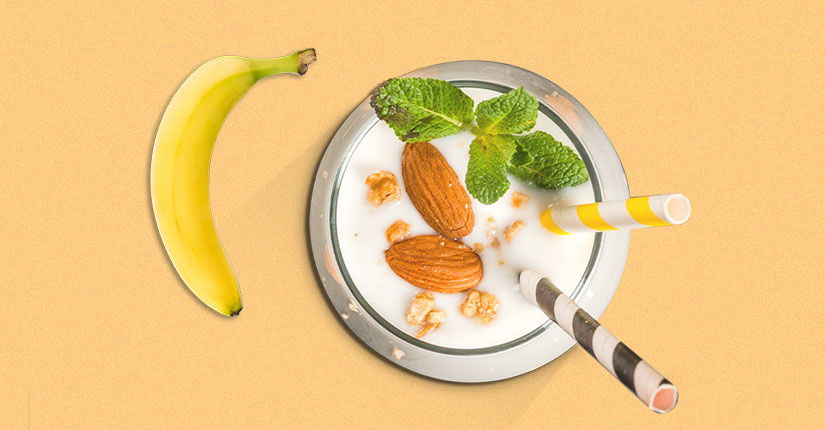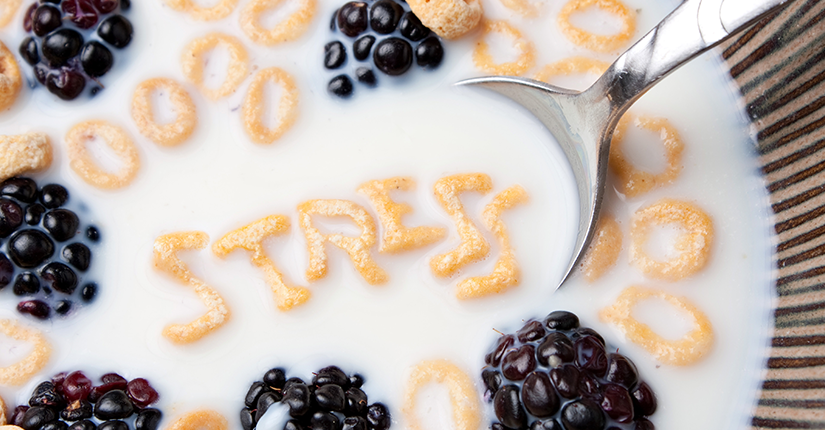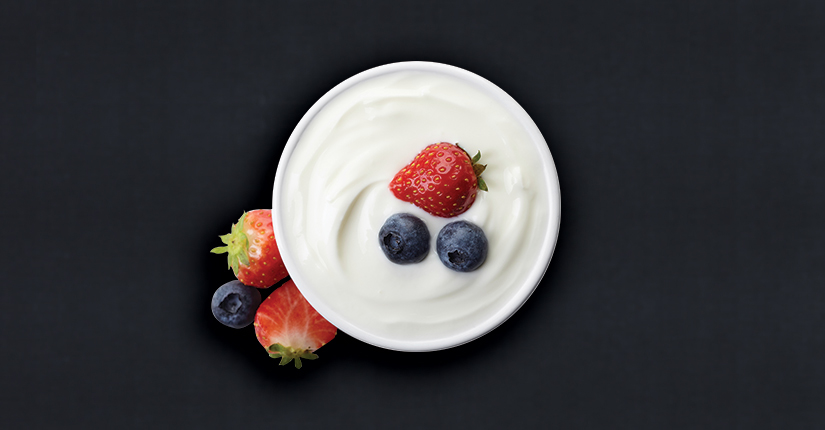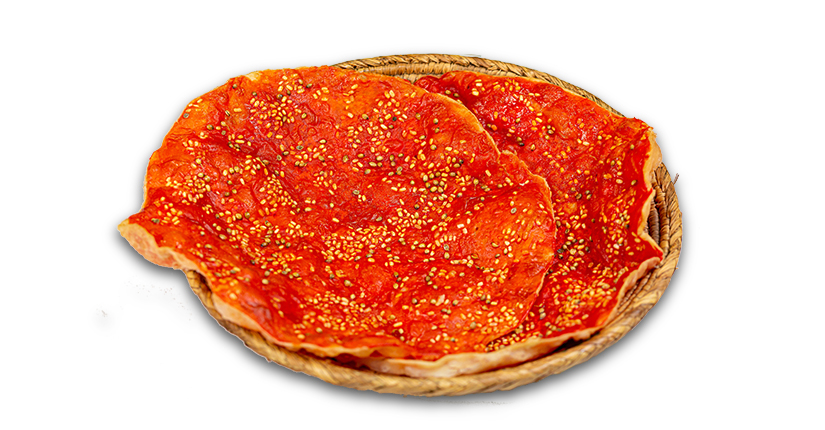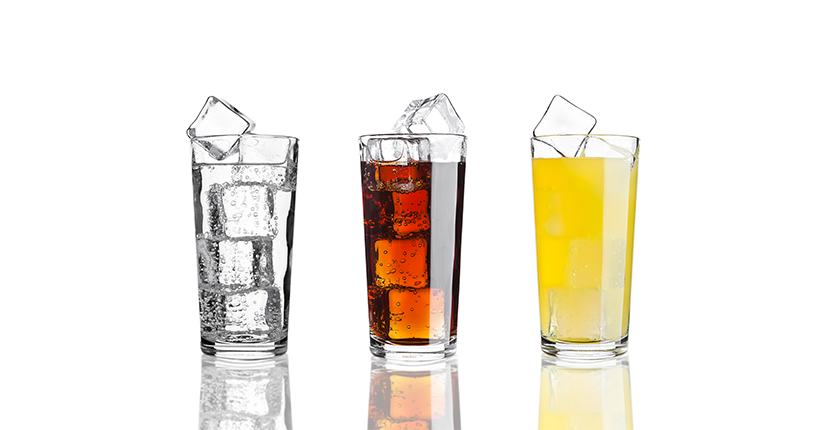World Food Safety – 6 Tips to Keep Food Safe at Home
By: Admin Date: 07-Jun 2021 Reading Time: 4 Mins
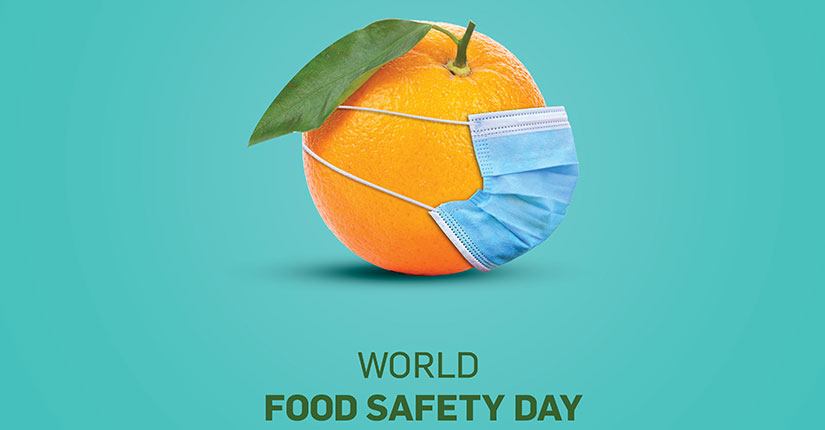
World Food Safety is celebrated on 7 June every year. It is an initiative to bring attention to the people about the importance of food safety and ways to keep food safe and hygienic.
Food is the basics of life, and everyone has a right to safe, healthy and nutritious food. Food Safety is crucial to prevent food-borne infections and to promote good health of the population. Safe foods can contribute to food and nutritional security, human health and the progress of the community as well as economy. Thus, it’s time to ensure that the food that nurtures and powers you is not only delicious but also safe for consumption.
Here are 6 food tips will keep you and your loved ones safe when preparing and handling food:
- Keep clean – The common-sense habit is to wash your hands thoroughly at every stage of cooking. Also ensure, properly washed fruits and vegetables to prevent illnesses like norovirus. To the knowing, various germs and bacteria live in the soil where produce is grown, so rinsing organic matter from your vegetables is imperative.
- Don’t cross contaminate – Cross-contamination is the transfer of bacteria between objects, that might lead to foodborne illnesses. Always keep raw meat, beef, poultry, fish and eggs separately from fresh produce. The thumb rule is to organize your fridge based on cooking temperatures. Never use the same utensil, same knife for raw and cooked foods. Also note, while buying groceries make sure that the two are in separate bags.
- Keep food at Safe Temperatures – Different types of food require different temperatures. Remember that hot foods should always be kept above 140˚F, refrigerated foods should be kept between 35˚F and 40˚F and freezer foods should be kept below 10˚F, this helps to kill the bacteria but also keeps the food fresh for longer time.
- Cook Foods Thoroughly – Cooking food all the way through kills germs and one should definitely practice it. The use of healthy oils, spices and herbs can also increase the nutritional value of food and help keep diseases away. To be precise, make sure that meats seafood and vegetables are cooked separately and completely.
- Never Thaw food items – Thawing foods tend to encourage bacterial growth rapidly at room temperatures. So, one should be directed to never thaw foods on the counter and do not let the bacteria take over your nutritious food.
- Rinse the Veggies before and after peeling – The germs and other microbes might get transferred from the outer layer to the inner layer of the veggies. Thus, make it certain to rinse the veggies thoroughly in running water before and after peeling the outer layer off.
Over to you:
Food safety is a shared responsibility of each and every individual involved in the food system in order to maintain good health, take the necessary measures of food safety and nourishment.




